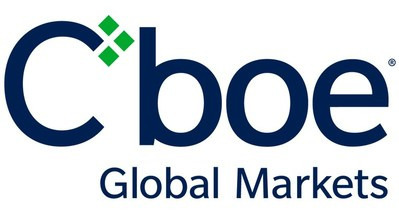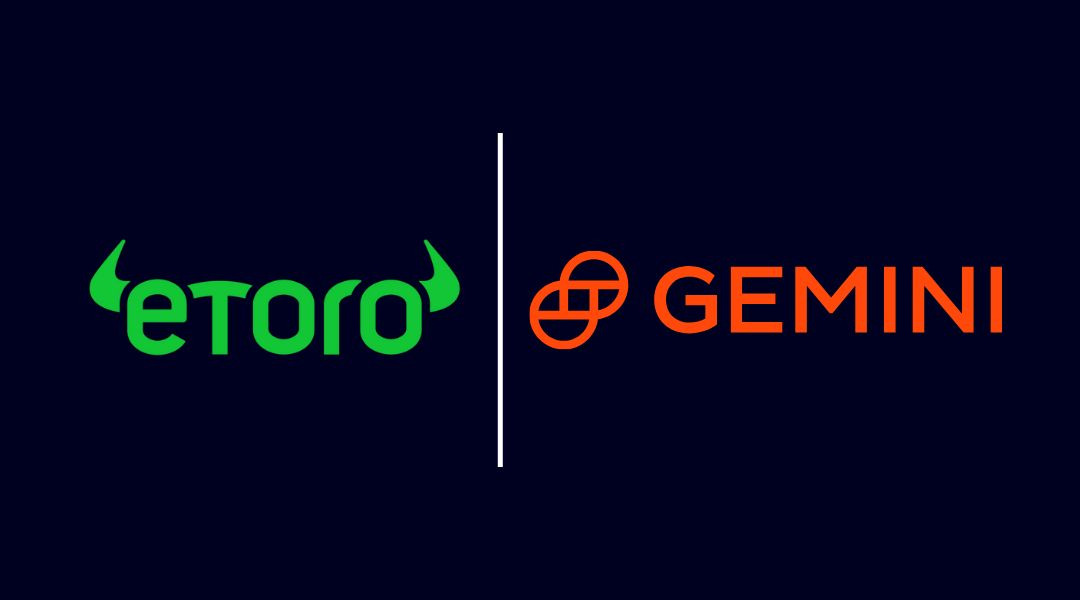The South Korean government has taken decisive action to safeguard the interests of cryptocurrency investors with the enactment of the Virtual Asset Users Protection Act, announced by the Financial Services Commission (FSC) today (Wednesday).
Financial Services Commission Unveils Virtual Asset Users Protection Act
The new law, slated to take effect on July 19, 2024, marks a significant step in regulating the cryptocurrency market in South Korea. Aimed at curbing market crimes and enhancing transparency, the legislation prohibits the use of undisclosed significant information in cryptocurrency transactions, as well as activities related to market manipulation and illegal trading.
Under the provisions of the Virtual Asset Users Protection Act, severe penalties await violators, including fixed-term imprisonment exceeding one year or fines ranging from three to five times the amount of illegal profit. Particularly, individuals who amass more than $3.8 million from illicit cryptocurrency trading schemes may face life sentences.
Moreover, the FSC emphasizes its authority to supervise and inspect virtual asset business operators to ensure compliance with the newly enacted legislation. This includes the investigation and enforcement of measures against unfair trading practices.
Terraform Labs Collapse Sparks South Korea's Regulatory Response
The impetus for the Virtual Asset Users Protection Act stemmed from a significant industry upheaval involving Terraform Labs and its Founder, Do Kwon, a South Korean national. Following the collapse of Terra in May 2022, which wiped out more than $450 billion from the market, South Korean lawmakers moved swiftly to address regulatory gaps and strengthen investor protections.
Kwon, currently facing extradition to the United States, faces multiple charges, including commodities fraud, securities fraud, wire fraud, and conspiracy to defraud and engage in market manipulation.
Earlier, the FSC unveiled draft regulations mandating that companies engaged in cryptocurrency holding or trading disclose transaction details to the financial regulator, as reported by Finance Magnates.
Outlined in the draft rules, the FSC stipulated that companies must provide information regarding the volume of digital assets held, specifics regarding the assets' characteristics, and details about their business operations. Moreover, the proposed regulations necessitated companies to reveal profits generated from cryptocurrency activities alongside the market valuation of their holdings.


















